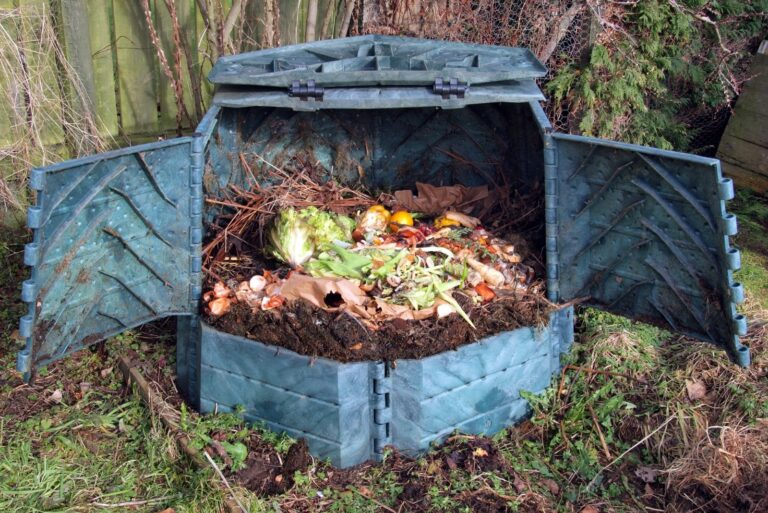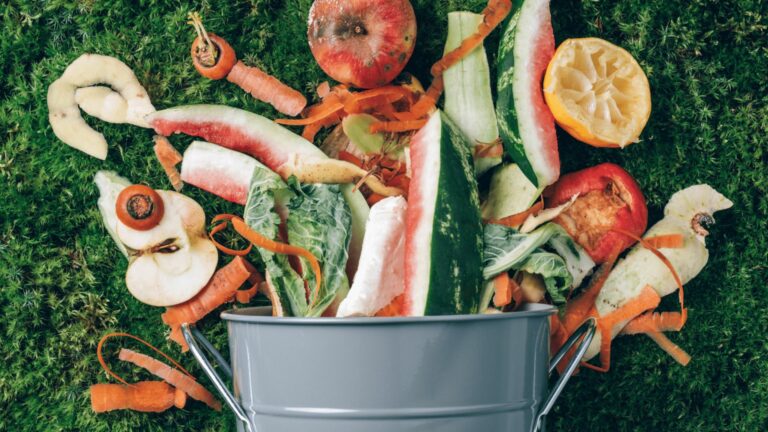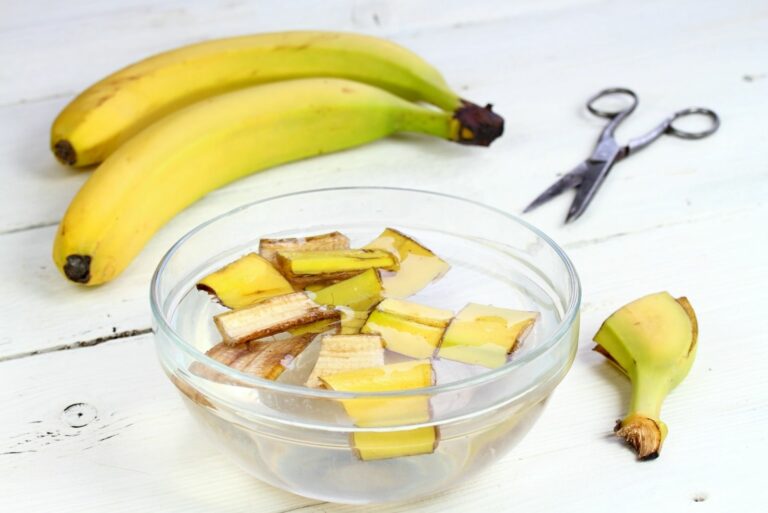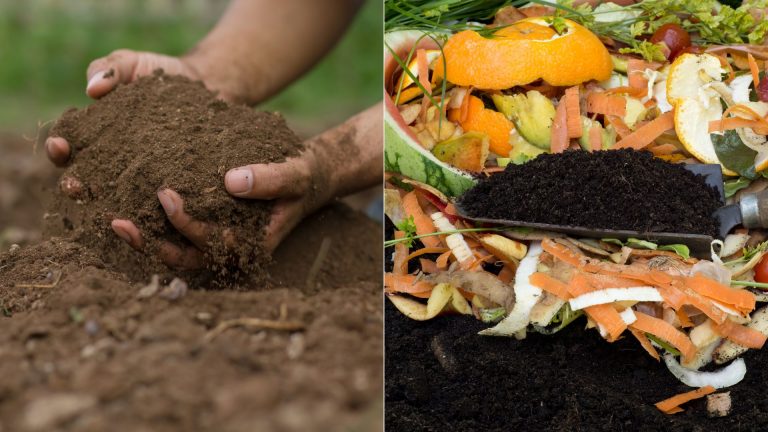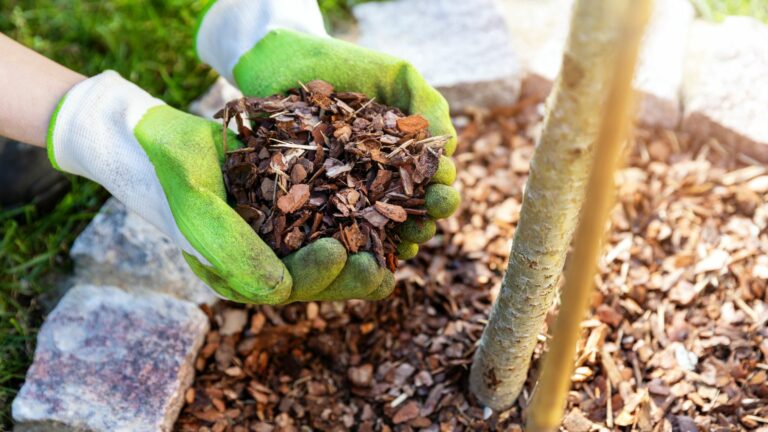Why Soil Testing Is The Most Overlooked Step Before Fall Planting In Illinois
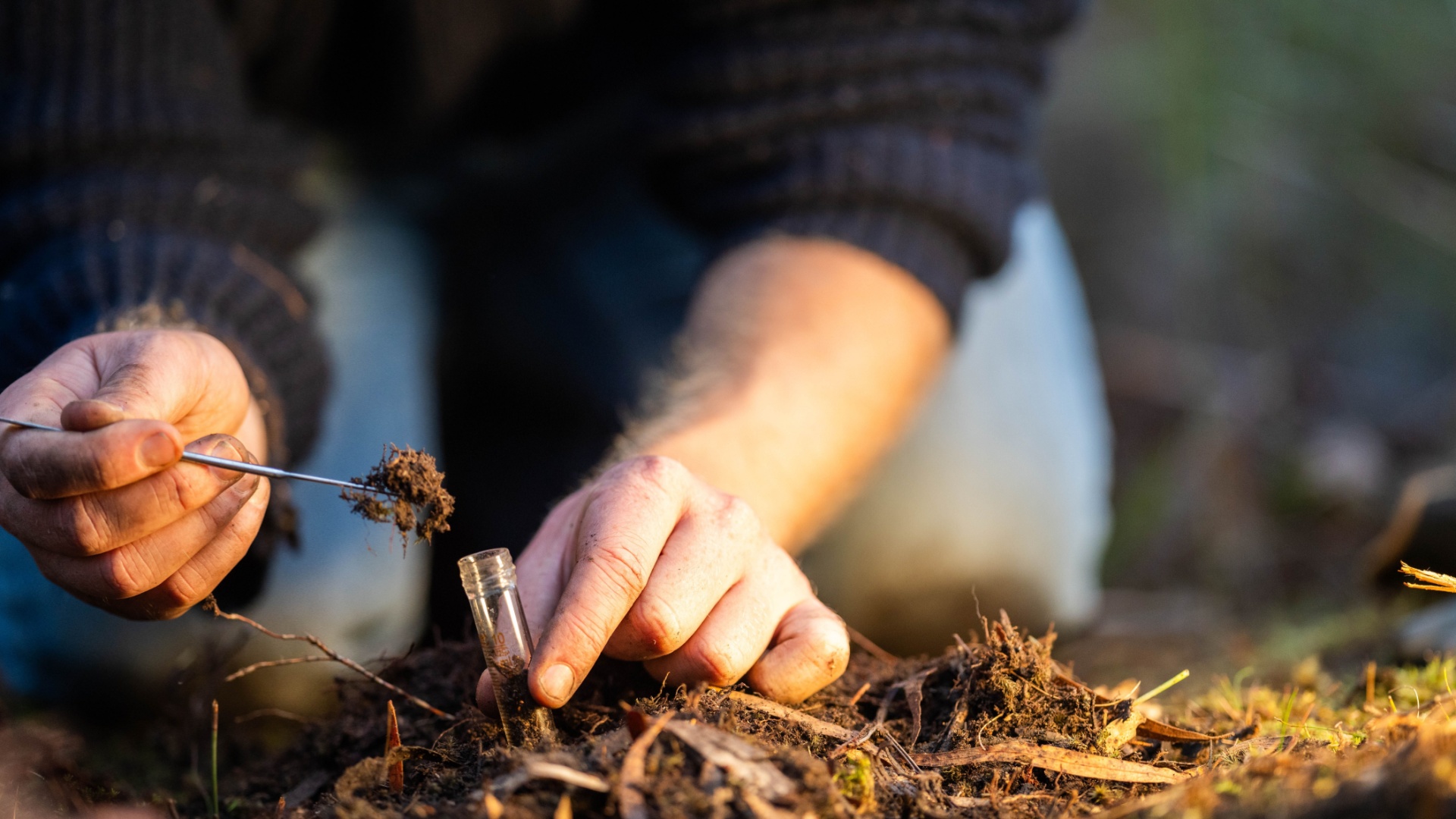
Fall planting season in Illinois brings excitement for gardeners and farmers alike. But beneath the colorful mums and hardy bulbs lies a crucial step many skip: soil testing.
Knowing what’s in your soil before planting can mean the difference between a garden that thrives and one that merely survives through the harsh Midwest winter.
1. Illinois Soil Varies Dramatically By Region
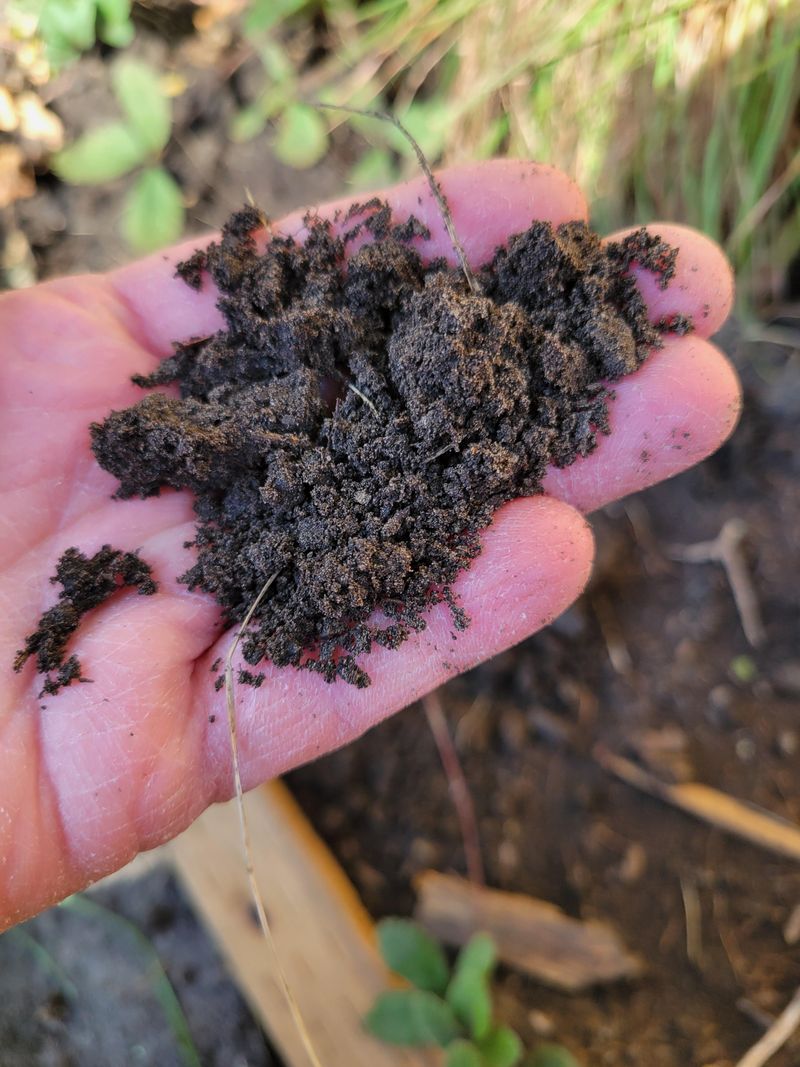
Northern Illinois features clay-heavy soils while southern regions boast more loamy compositions. Without testing, you’re essentially gardening blindfolded!
The prairie state’s geological history created distinct soil zones that each require different amendments. What works in Chicago might fail completely in Springfield.
Local farmers have long known this secret, adjusting their practices based on regional soil differences rather than following generic advice.
2. Fall Nutrient Levels Tell The Real Story
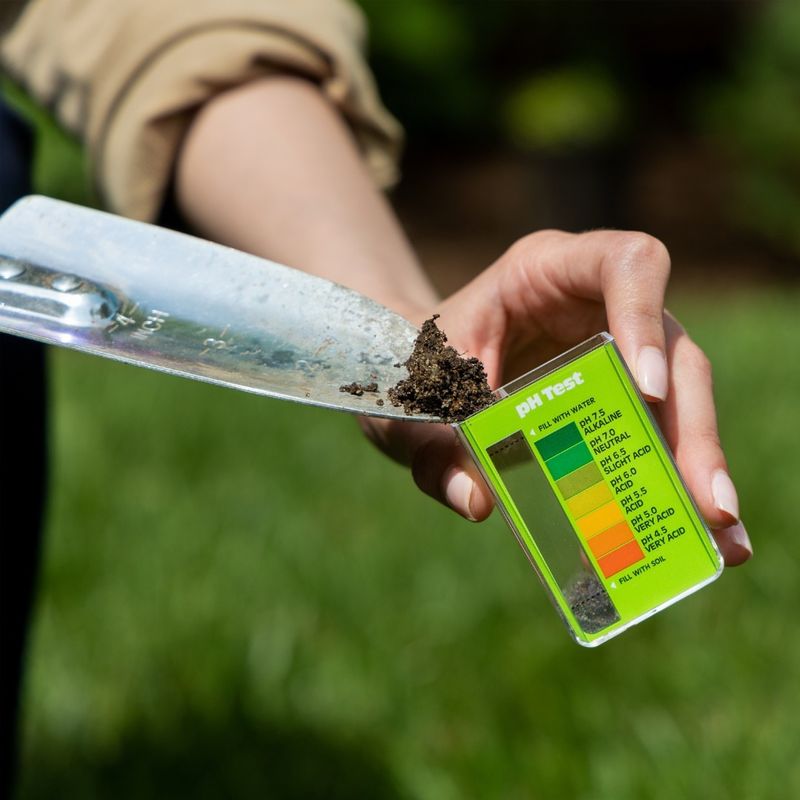
Summer growing seasons deplete specific nutrients from your soil. A fall test reveals exactly what’s missing after harvest time.
Many gardeners assume their soil needs the same amendments year after year. Truth is, nutrient profiles change dramatically with each growing season.
Testing in autumn gives you the perfect window to add amendments that can break down slowly during winter, creating ideal spring growing conditions.
3. Prevent Wasteful Fertilizer Application
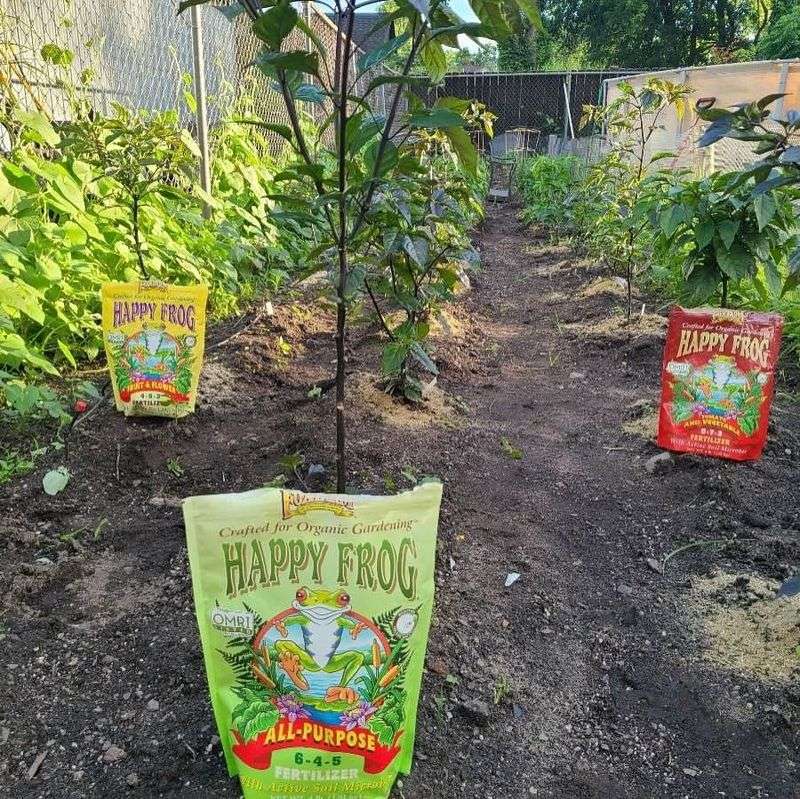
Throwing fertilizer at unknown problems wastes money and potentially harms the environment. Illinois watersheds particularly suffer from excess nitrogen runoff.
A simple soil test costs about $15-25 but saves hundreds in unnecessary amendments. Plus, you’ll avoid the heartbreak of watching plants struggle despite your best efforts.
The Mississippi River Basin, which includes Illinois, experiences significant agricultural runoff issues that proper soil testing helps minimize.
4. pH Levels Fluctuate With Seasonal Changes
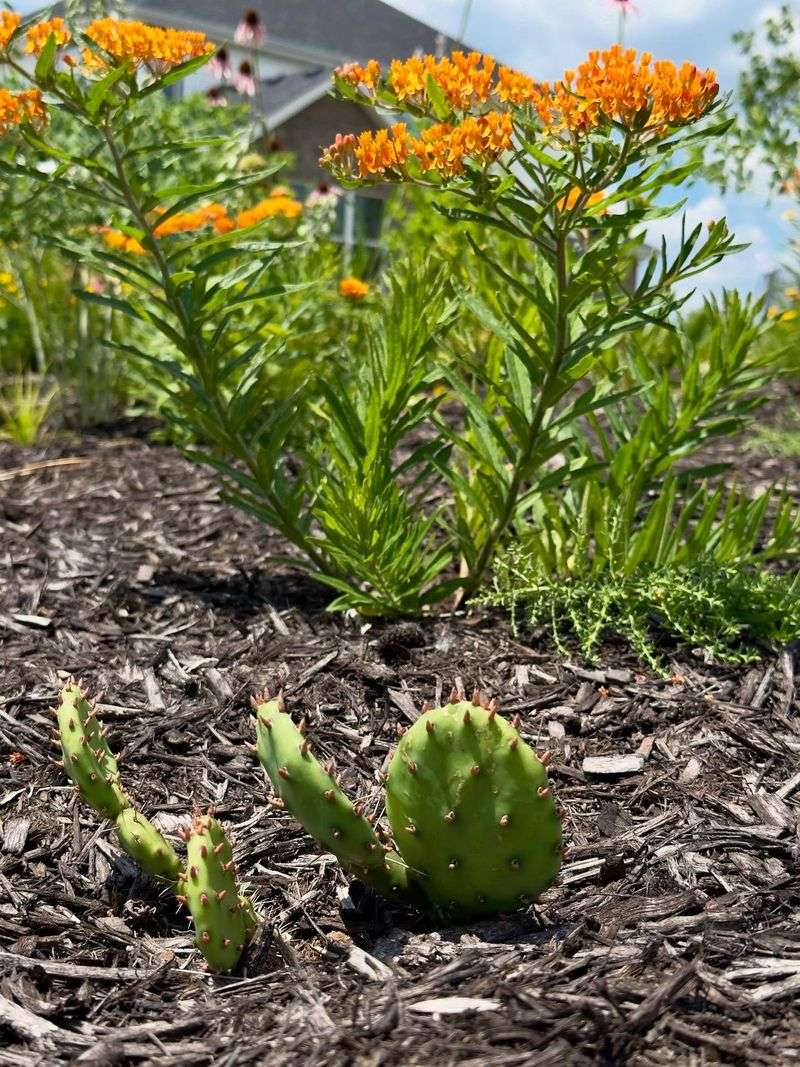
Summer heat and rainfall patterns unique to Illinois can dramatically shift soil pH. What was perfectly balanced in spring might be surprisingly acidic by fall.
Most fall-planted bulbs and perennials have specific pH requirements for winter establishment. Tulips prefer neutral soil while azaleas need acidity to thrive through dormancy.
Limestone applications based on fall pH readings have time to incorporate naturally before spring growth begins, creating ideal root development conditions.
5. Micronutrient Deficiencies Hide In Plain Sight
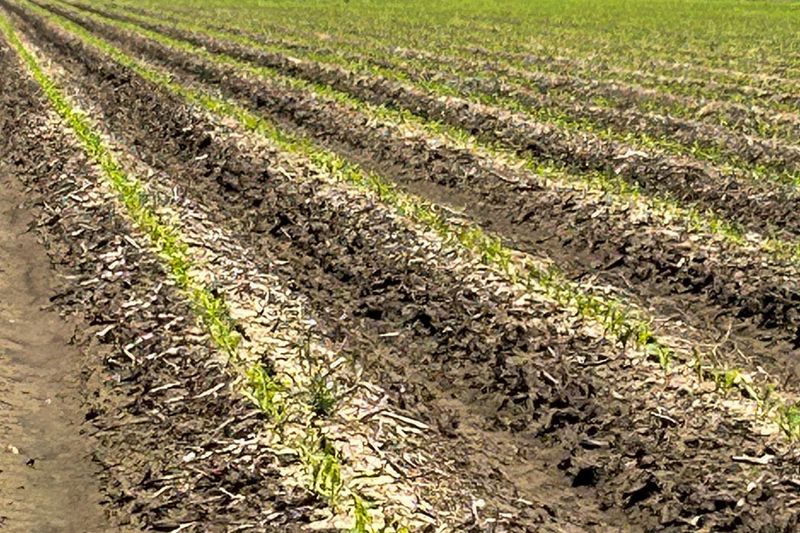
Zinc, boron, and manganese deficiencies often masquerade as other problems. Without testing, you might treat the wrong issue entirely!
Illinois soils, particularly in formerly glaciated northern regions, often lack specific micronutrients that fall-planted crops desperately need. These tiny nutrients make massive differences in plant health.
University of Illinois Extension data shows that micronutrient problems account for nearly 30% of garden failures that gardeners mistakenly blame on disease or insects.
6. Winter Cover Crops Need Specific Soil Conditions
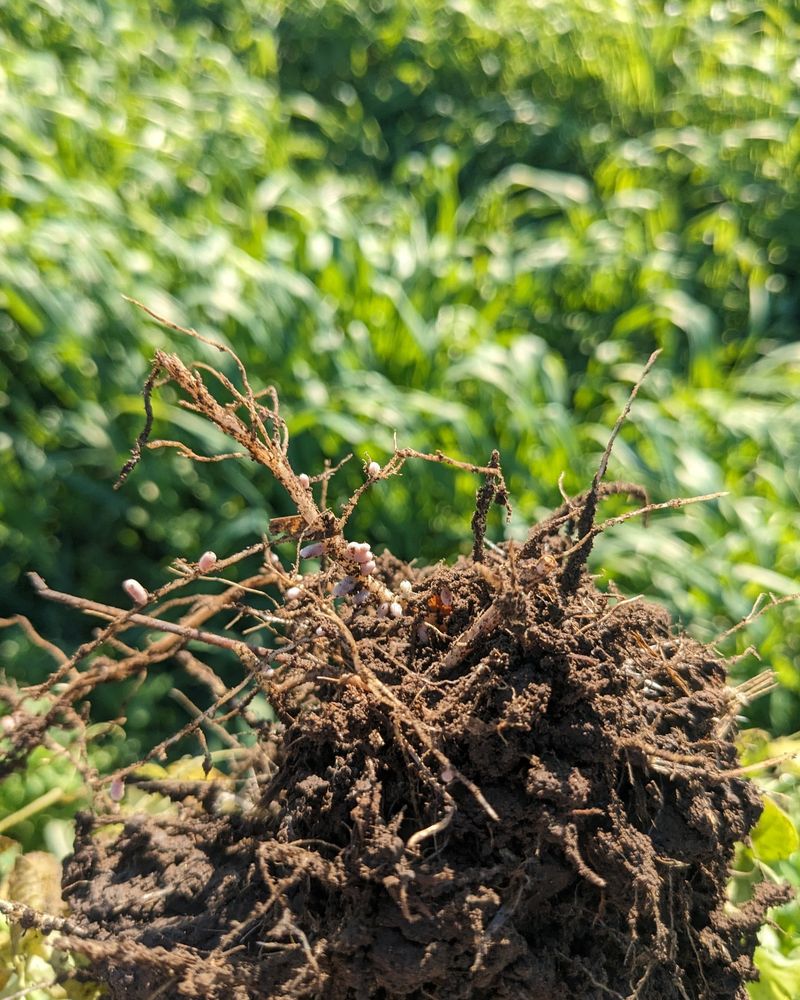
Cover crops like winter rye or clover require particular soil conditions to establish before frost. Without testing, your well-intentioned soil protection plan might fail completely.
Many Illinois farmers use fall soil tests to determine which cover crop varieties will perform best. Some fix nitrogen while others address compaction or erosion issues.
A successful cover crop established after proper soil testing can add up to $15 per acre in soil improvement value over winter months.
7. Compaction Problems Worsen During Winter Freeze-Thaw
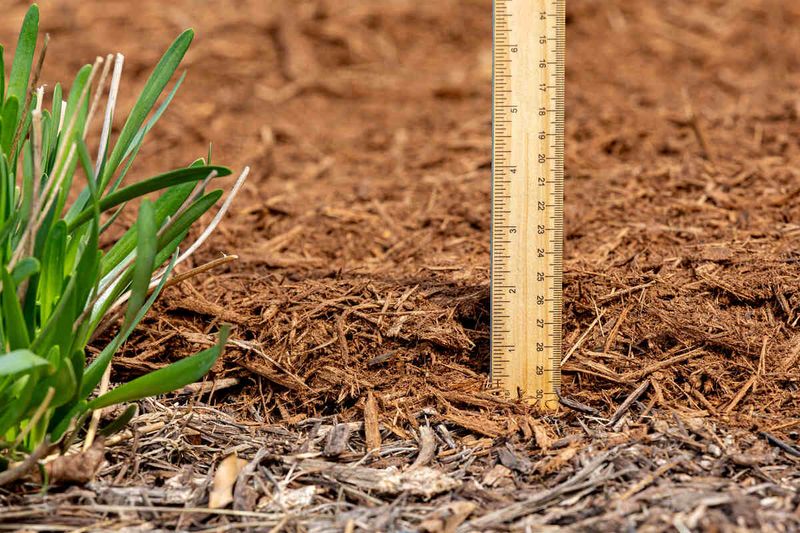
Illinois’ freeze-thaw cycles can magnify existing soil compaction issues. Fall testing measures soil density and structure, not just chemical composition.
Gardens with compaction problems need specific amendments like gypsum or organic matter before winter sets in. Without addressing these structural issues, spring planting becomes significantly more difficult.
The heavy clay soils common in many Illinois regions are particularly susceptible to compaction problems that proper fall testing can identify early.
8. Local Extension Offices Provide Affordable Analysis
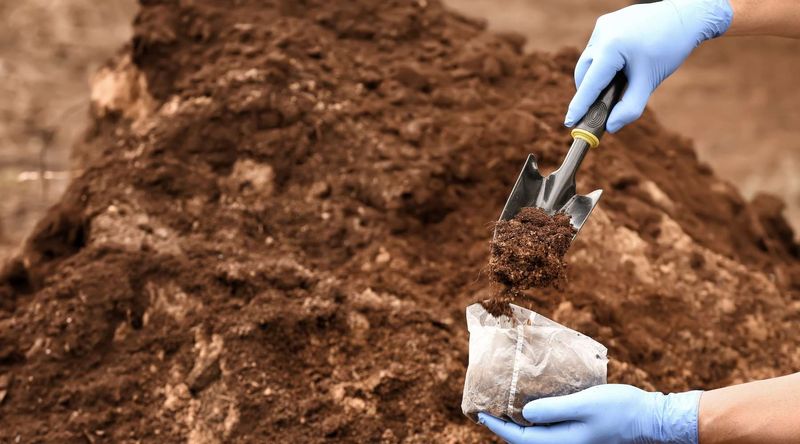
Many Illinois gardeners don’t realize their county extension office offers soil testing for a fraction of commercial lab prices. These local experts understand regional soil challenges intimately.
Extension offices can interpret results specifically for Illinois growing conditions. They’ll recommend amendments available locally rather than generic solutions.
Beyond basic testing, many offices offer free consultations to discuss your specific garden plans and how soil conditions might affect fall planting success.

